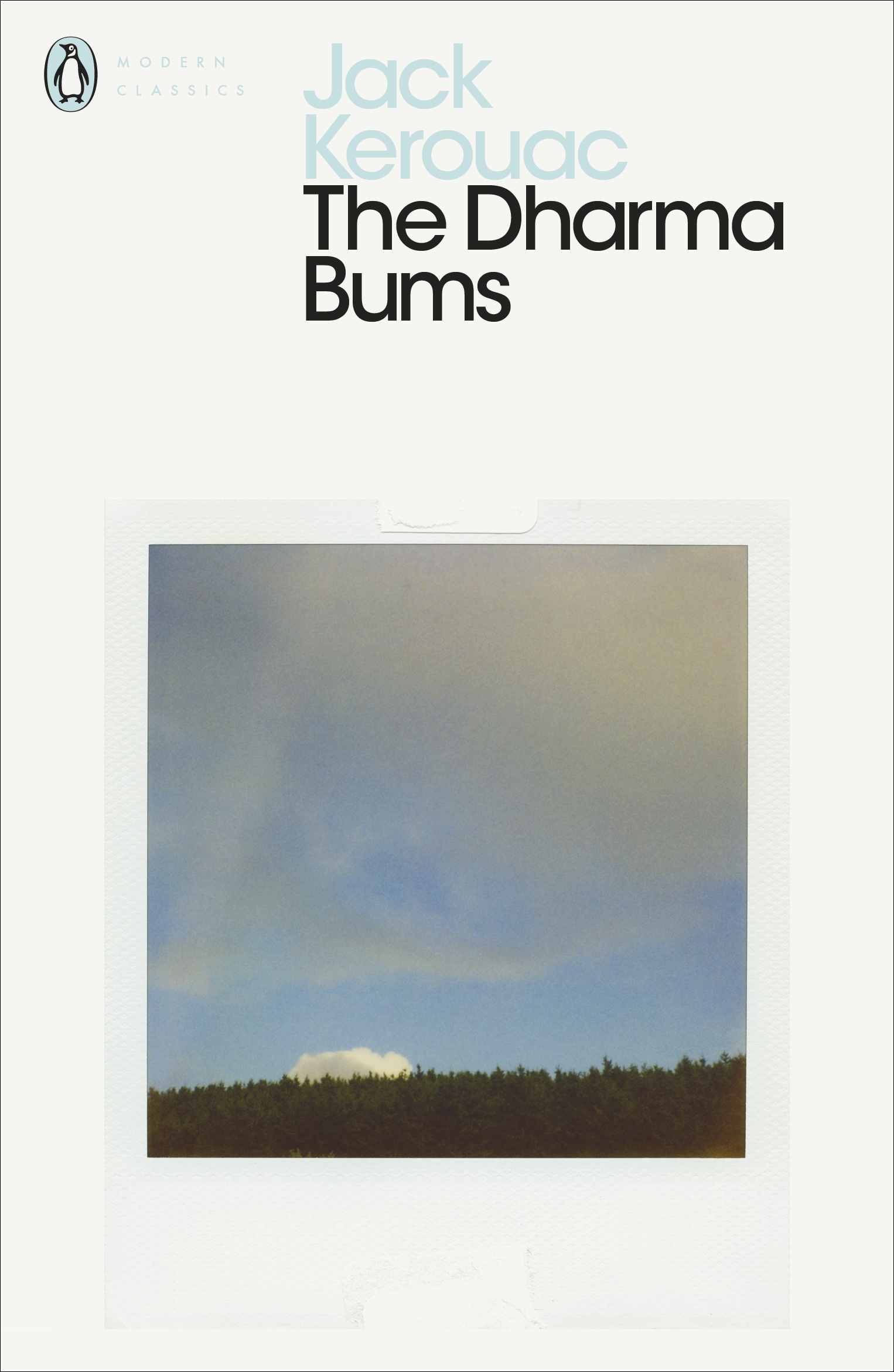
The trust-fund money that Burroughs lives off of in Tangiers comes from this invention. There is also a reference to the Burroughs Adding Machine Computer, which was invented by Burroughs' Grandfather, on the final page of Book 2, Part Two. Burroughs' Naked Lunch is referred to as "Nude Breakfast ", and Allen Ginsberg's Howl is referred to as "Howling " For example, Kerouac's On the Road is referred to as "Road ", William S. Interestingly, multiple books or poems written by the characters were based on real-life books, written by the character's real-life counterpart. In Chapter 5 of Book 2 the proprietor of a corner store in Tangiers is said to call Old Bull Gaines (Garver) "Senor Gahr-va". Similarly, the locals of Tangiers call Old Bull Hubbard (Burroughs) "Boorows" in Chapter 52 of Book 2. Somehow both Kerouac and the editors missed that "Gregory" was not changed to "Raphael". Partway through Chapter 91 of Book 1, there is the line, "'Who wants to ride freight trains!' -Gregory- 'I dont dig all this crap where you ride freight trains and have to exchange butts with bums-'".

In Chapter 80, the discussion of the meanings of Urso and Pomeray's names leads to an unclear comparison to the name Corso. In Chapter 43 of Book 1, he refers to ".the Sundays in Neal Cassady's writings." The editors may have ignored this, since it refers to Neal as a writer instead of a friend. Kerouac was not particularly conscientious about masking the identities of his friends in this work. Jack Kerouac, Visions of Cody Real-life person "Because of the objections of my early publishers I was not allowed to use the same personae names in each work." The novel is also notable for being a relatively positive portrayal of homosexuality and homosexual characters, despite its use of words that were at the time considered homophobic slurs.Īll of Kerouac's Duluoz legend's characters were based on others that were present within his life, and Desolation Angels is no exception.

He also discusses his relationship with his mother and his friends (and prominent Beat figures) such as Allen Ginsberg, Neal Cassady, Lucienn Carr and William S. Throughout the novel, Kerouac discusses his disenchantment with fame, and complicated feelings towards the Beat Generation.

Much of the psychological struggle which the novel's protagonist, Jack Duluoz, undergoes in the novel reflects Kerouac's own increasing disenchantment with the Buddhist philosophy. The events described in the novel take place from 1956-1957. It was published in 1965, but was written years earlier, around the time On the Road was in the process of publication. Desolation Angels is a semi- autobiographical novel written by Beat Generation author Jack Kerouac, which makes up part of his Duluoz Legend.


 0 kommentar(er)
0 kommentar(er)
